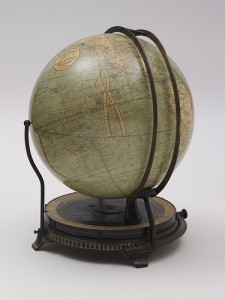 A $10 book that fills my journal with ideas. Hosting a dinner party for $50 for family and friends. Taking an amazing trip with my wife for $1,000.
A $10 book that fills my journal with ideas. Hosting a dinner party for $50 for family and friends. Taking an amazing trip with my wife for $1,000.
I’m happy to pay for each and every one those purchases. The above expenses add value to my life. They bring me knowledge, laughter, love, and sometimes a challenge.
What’s even better about the above expenses, I get a lot of bang for my buck. There is nothing in this world I would rather spend $10 on, then a great book. Nor is there $50 better spent, then on getting together with people I love. Last, there are few things that I enjoy as much as traveling with my wife.
Opportunity Cost
Knowing that each of these expenses provide maximum value per dollar spent, instead of saying something costs X number of dollars, I can say that it cost me X amount of books, or a few chances to invite friends and family over, or even a trip of a lifetime.
As a minor example, I spent $100 last month on mulch. What that mulch really cost me was ten books or two chances to have friends and family over for dinner.
A bigger example, Chris Guillebeau, from the blog the Art of Non-Conformity, asked himself if he would rather have an SUV or visit 100 counties. Of course he picked the chance of a lifetime to visit 100 counties.
It’s Up to You
Companies spend millions billions to get you to think that buying their product will bring you the most value. Don’t let them make that decision for you. Decide for yourself, where your money is best spent.
Make a list of things you have bought that added value to your life. Separate that list into three different categories – small, medium, and large expenses. Now, every time you’re about to make a purchase, decide for yourself, what that purchase is really costing you by comparing it to items on that list.
Until doing this, I didn’t think I had enough money to visit 100 counties, but I was contemplating buying a new car. That was close one….
Photo by: Norman B.
{ 1 comment }
That is a nice way to look at it. I would have an issue though, in that really nothing would cost me any books. I can afford to buy all the books I want. The constraint is time to read them. I think for this to work well, you should use something that is currently limited by your cash. So I like banana splits but really I can afford them whenever I want. Spending other money costs me none. So if you like to eat out but hold back because you don’t have the money or don’t want to spend it, use a meal as a “measurement” of how much something costs.
Comments on this entry are closed.